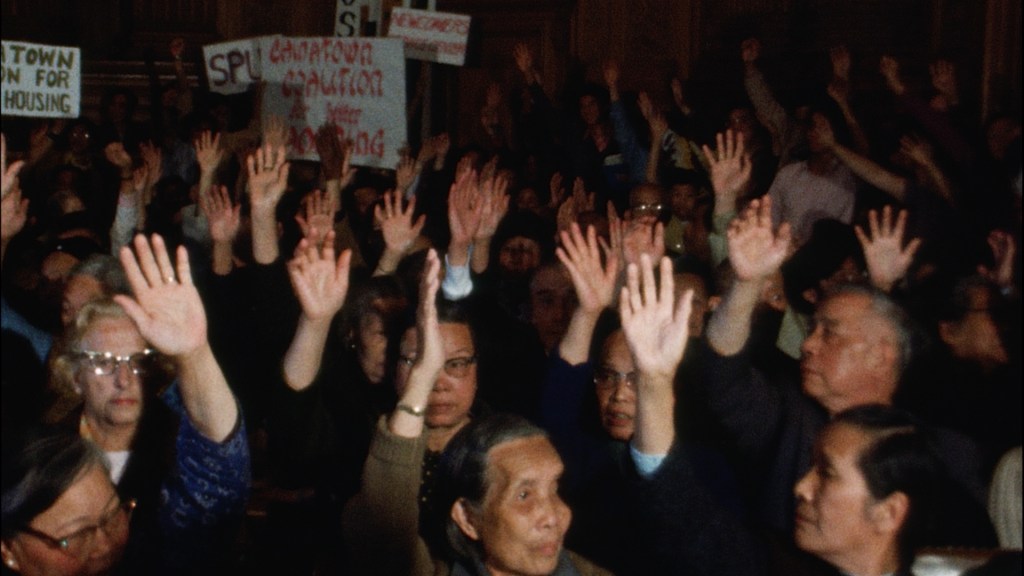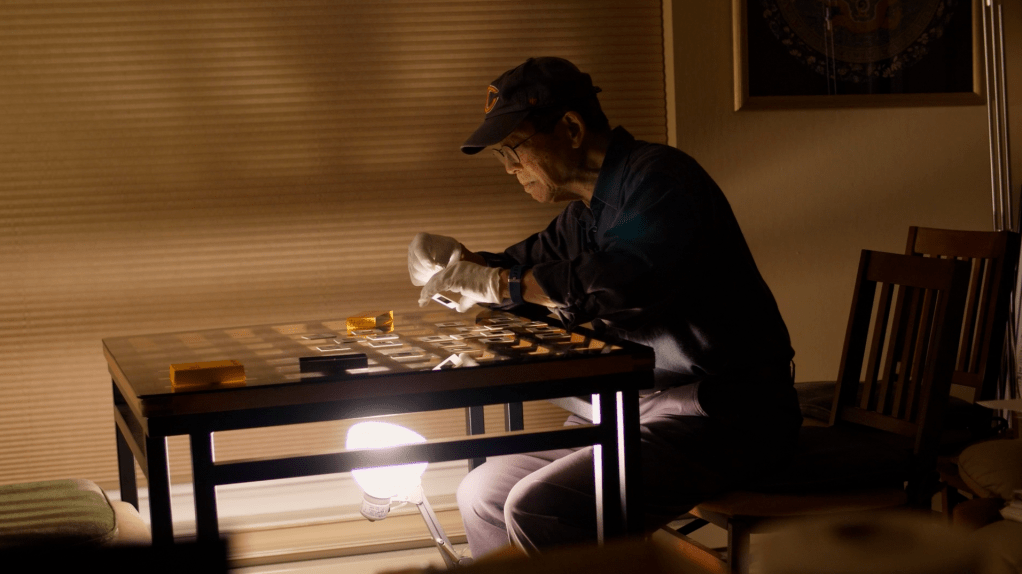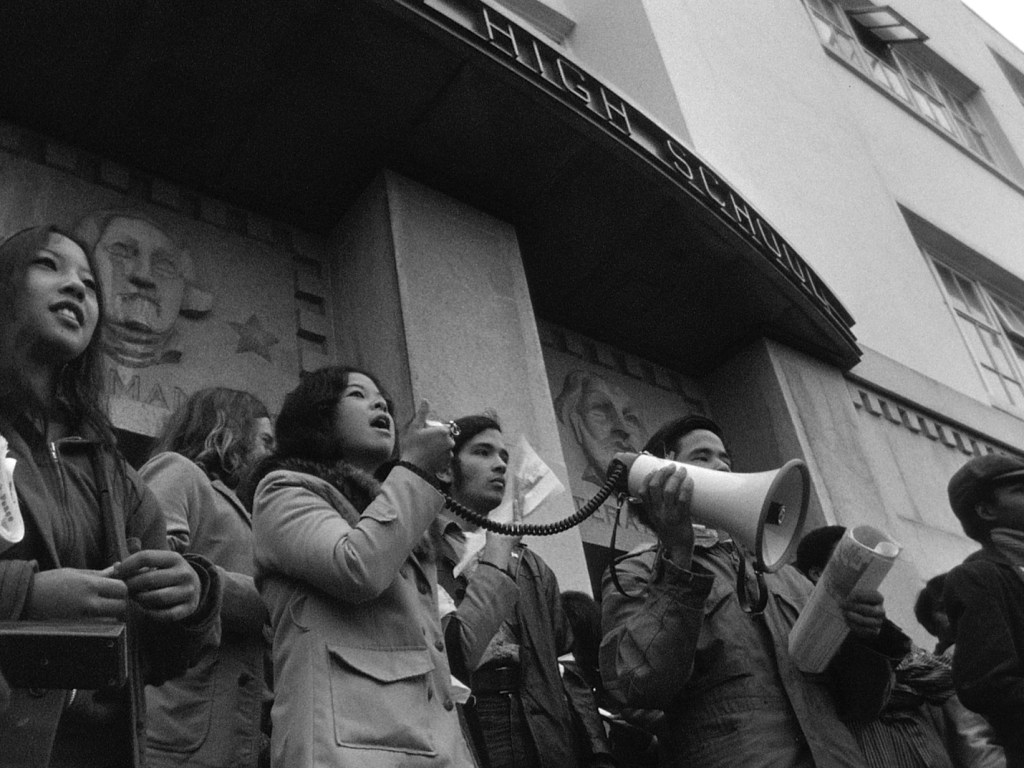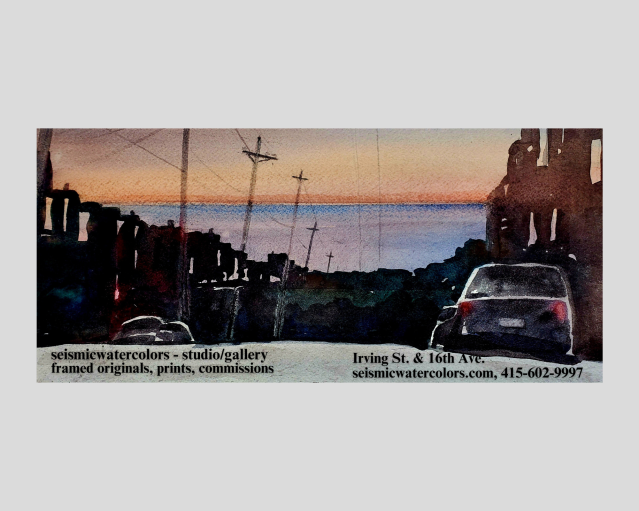By Asha Ingram
After decades of historical film he shot sat untouched in his basement, Richmond District resident Rev. Harry Chuck, with the help of his son filmmaker Josh Chuck, who lives in the Sunset District, is finally ready to show it to the world in the new documentary “Chinatown Rising” at the 4 Star Theater.
Harry and Josh’s documentary uses the reverend’s 16mm film and local TV station footage to showcase San Francisco Chinatown’s rich history and journey in overcoming oppression through a rise in activism and sense of community.
The documentary also includes numerous interviews – including the reverend himself – from the Chinatown activists involved in the change of the neighborhood from the 1960s-’80s. Many of the interviewees still live in the City today.

For Harry, it was opportunity that inspired him and his son to finish the film project he had put aside since his college days. A Chinatown native, Harry worked in that community for many years as a minister as well as running a youth program at the local community center, the Cameron House, which is still active to this day. During that time, Harry used his camera to capture the transformation Chinatown was experiencing during those decades and the rise of the Asian American movement.
Harry was also able to use his film to advocate for the Chinatown community. Even now, as a westside resident, he is well known as a spokesperson and activist for the community. He has fought for many issues facing Chinatown residents, such as improving housing conditions and helping youth stay on a positive path. In the process, he found a deeper purpose for himself in Chinatown – helping the community stand up for itself.
“For the longest time, maybe for almost two centuries, Chinese people have had no voice,” Harry said. “So, how do you give a voice to the community and help them have a voice themselves? That process takes a lot of time and a lot of work, and you have to develop a sense of trust in the people you’re with.”
Once a student in the film department at San Francisco State University, Harry hoped to put much of the footage he shot in Chinatown together for a final project in his film class. Due to the overwhelming amount of film he had recorded however, he was unable to do so. While the film footage sat in his garage for the next few decades, Harry never gave up on the idea of one day finishing his project.
Four years ago, everything changed. It started when Josh, a professional filmmaker, found his father’s film footage while helping him clean out his garage.
Josh recalled watching the footage with his dad.
“There wasn’t much else out there in the world that was like this footage,” Josh said. “And then I started asking questions and hearing the stories from him, and we decided to start talking to some of his friends from the time.”
From then on, Josh and his dad would work on the film together. For Josh, this project helped him see his dad and his life in a whole other way.

“I never asked about his life, and he didn’t just volunteer information about what he’d accomplished and what he’d done,” Josh explained. “Pretty much most of what I learned about him, I learned from this project that we started when he was 80 years old. That’s one of the things I’m most grateful for while doing this project was learning about his life and learning about his efforts for the community.”
Harry and Josh hope to reach a broader community through this film.
“I think it’s a story of an immigrant community,” Josh said. “And everywhere you go in this country, you find immigrant communities. A lot of them are still in their stages of development, you know some are brand new and some are in their second or third generation. But you find and what we’ve heard from different audiences is that a lot of the issues they have are very similar. They’re parallel. The challenges that immigrants face here are deep.”
Sharing his hopes for the film’s reception, Harry talked about helping the new generations understand the importance of community and fighting for it.
“I think people are aware that times are changing,” he said. “It’s easy to forget that the most important thing we have is community. And that we all live in that community. We’re hoping that our film will help people to better appreciate their communities, be mindful that we are all a part of it and that it takes work to keep it strong.”
“Chinatown Rising” will be showing at the 4 Star Theater July 14-16. For more information, go to chinatownrising.com.










Categories: Film











